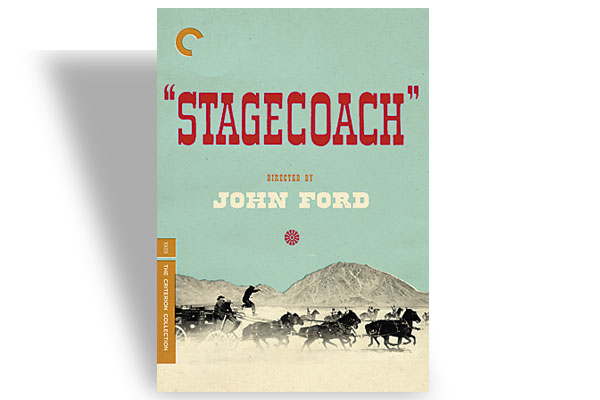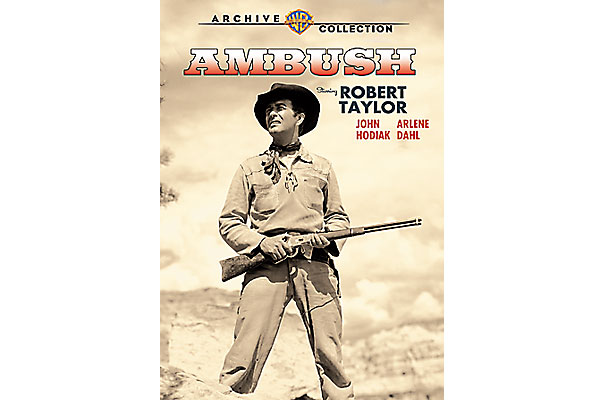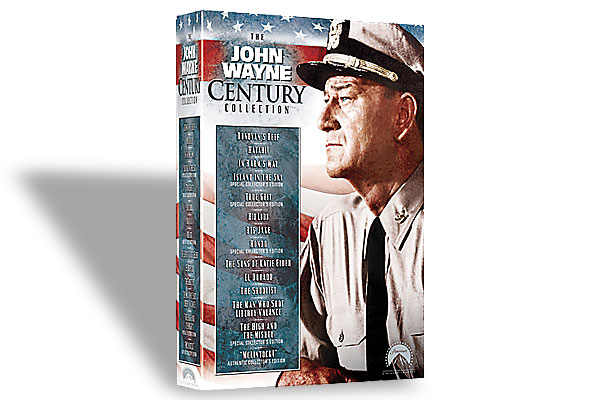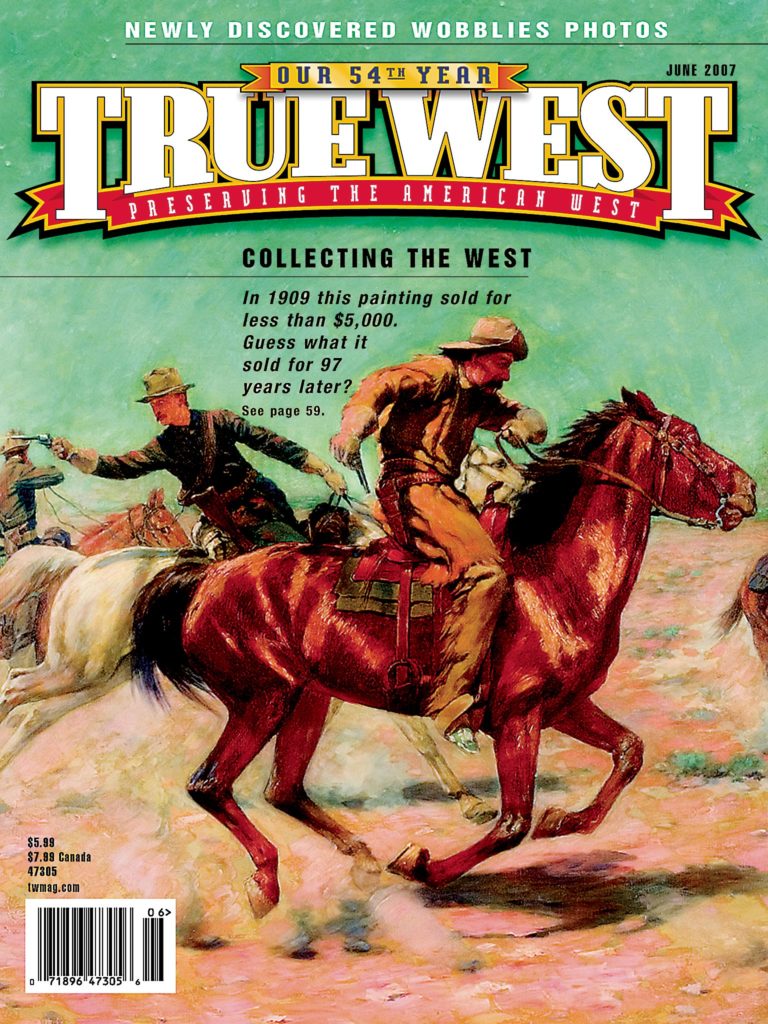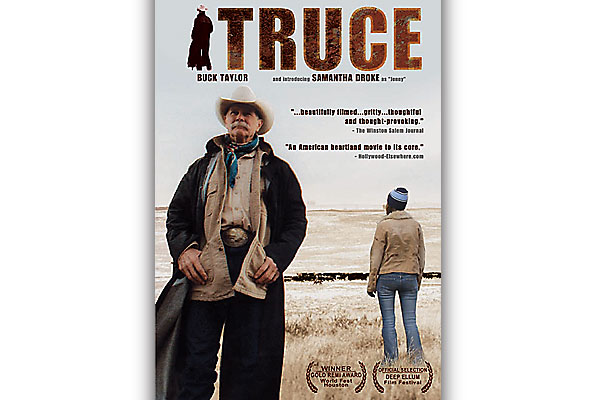 When assessing the contributions of Western actor Buck Taylor, suffice it to say that his star on the Kanab, Utah, walk of fame sits between those of Ronald Reagan and Tom Mix. Taylor is cowboy royalty, has been working steadily on TV and in the movies since 1961 (eight years as Newly on Gunsmoke) and is an accomplished, successful painter. But like the late Richard Farnsworth, another great Western character actor who landed his best parts late in life, Taylor is just now getting the lead roles he deserves. Truce is a good example.
When assessing the contributions of Western actor Buck Taylor, suffice it to say that his star on the Kanab, Utah, walk of fame sits between those of Ronald Reagan and Tom Mix. Taylor is cowboy royalty, has been working steadily on TV and in the movies since 1961 (eight years as Newly on Gunsmoke) and is an accomplished, successful painter. But like the late Richard Farnsworth, another great Western character actor who landed his best parts late in life, Taylor is just now getting the lead roles he deserves. Truce is a good example.
Rancher Harry Dodds (Taylor) is lonesome and broke, and desperate to keep his land and cattle while beef prices are bottoming out. We also see he regrets the alcoholism and violence that drove away his only daughter years before, as he stares at her snapshot. When she dies in an auto accident, Dodds suddenly finds himself looking after his young granddaughter, Jenny (Samantha Droke).
The tired cattleman is strictly old school, stoic, but demanding as well, and quick to anger. His parenting skills have not improved through his years of isolation, even if he has gone off the sauce. If anything, his age, financial pressures, new responsibilities, grief and barnacled pride have turned him into one snarly codger.
But this semi-autobiographical feature by director Matthew Marconi (who tells us on the commentary track that he fashioned Dodds’ young hired hand after himself) is remarkably controlled and never once guilty of pandering. I had some issues with the writing and the pacing is awkward at moments—this is an independent film by a first-time filmmaker, after all—but these are very minor complaints; the film’s virtues outweigh its drawbacks, and it never resembles those saccharine made-for-TV family dramas that go for the heart with grappling hooks.
Production values are good, and it’s entertaining that the score is by a Hungarian, Robert Gulya, and the fine cinematography by Japanese DP Takuji Murata.
The film won two Bronze Wranglers at the Western Heritage Awards, including Outstanding Theatrical Motion Picture.


